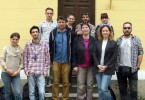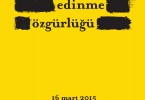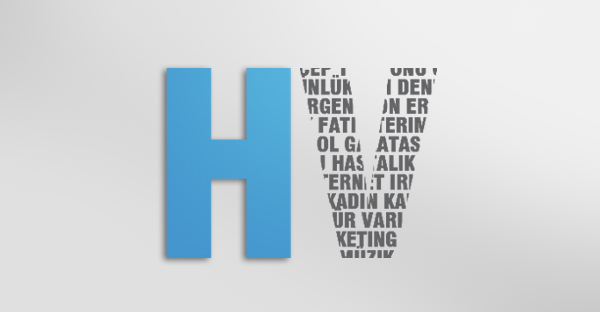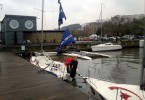Serdar Cevher
While almost every average PC user continues to buy Microsoft Windows and some shareware as Microsoft Office or Photoshop which require serious payments for legal use, free software developers offer completely free, legal and strong alternatives to these commercial ones. As used by many Windows users too, Firefox web browser and OpenOffice are already well-known ones, while free software has also a lot of other programs to offer, especially big ones like Linux based operating systems. As one of the speakers at the meeting, Mustafa Akgul told the participants at his presentation entitled “Linux history in Turkey”, these systems, Ubuntu, OpenSUSE, Pardus and many others which are called Linux distributions, offer high quality environments similar to Windows programs that come completely free unlike the sofware marketed by profit-oriented corporations such as Microsoft and Apple. These free software provide regular users work with office documents, surf the web, send and receive e-mails, record audio, edit images and also with other facilities in daily computer use. In addition, these user-friendly and useful systems are not vulnerable to any kind of Windows viruses which cause serious damages like losing personal documents and hardware corruption; thus choosing Linux based operating systems for desktops or notebooks also provide safety.
However, because the monopoly of Microsoft is established in the PC markets and PCs are sold with Windows installed by default, many people don’t have any idea about these Linux distributions which offer them safety and usability for free. So one of the major aims of Free Software and Open Source Days was to introduce these systems and their capabilities to all participants. Developers of Pardus Linux, which is coded in Turkey with financial support by Turkish government, distributed their operating system’s installation CDs for free to everyone interested.
Development Process of Linux
While big corporations spend huge amounts of money for software development, a university student, Linus Torvalds began to develop Linux kernel for his operating system for the first time in 1991 just for his own interest, when the mainstream operating system was Microsoft DOS. He decided to share his work with others via e-mails by opening the source code, and hundreds of coders started to add some little parts of codes to the system. In due course, the project became so big and common that it appeared as an alternative to Microsoft Windows 98 at the end of ’/90s. Nowadays it’s used by millions of users and big corporations too.
Although Linux was completely voluntarily developed in the beginning, some corporations as IBM and Hewlett-Packard began to support its coding process because it was also a cheaper alternative for them, which saved them from paying money for thousands of Windows licenses. However, there still exist many Linux distributions which do not have such corporate contributions because developers want to be independent of any corporations and they also want their product to circulate free of charge.
Taking action against copyrights: Open Source
Not all of them, but many of Linux users take action not only against the monopoly of Microsoft and Apple but also against the rules of intellectual possession imposed by big corporations through copyright regulations. At this point, a philosophy of “copyleft” emerges: A perspective which upholds the principle that producers should share computer software, scientific and artistic documents, music, videos etc. According to this principle, the audience has the right to use, modify and redistribute the content of open source programs. One of the speakers, Mehmet Okonsar, a famous Turkish pianist and composer explained that he has been using Linux and open source software to produce his pieces, and he shares all his work in full on the internet. “They ask me, how can you earn money when you share all of your work for free,” he said, “And I reply by saying that the more I share, the more people buy my CDs to support my work!”. Okonsar also underlined that copyright rules don’t protect the artist but profits of music corporations. Another speaker, Koray Loker talked about animation movies which are composed with thousands of elements and sounds sent by volunteers from various parts of the world. Loker named these projects as “open source movies,” which are created by the participation of many.
Many artists like Okonsar share their productions with GNU (General Public Licence-GPL) and Creative Common licenses that allow the audience to listen freely and also sometimes to modify the content as they want, with only keeping the first producer’s name. In short, everyone has the right to modify and redistribute the Linux kernel, so there are hundreds of different Linux distributions which target especially office users, musicians, video producers, students etc. The famous free encyclopedia, Wikipedia is a similar non-profit project created just to serve the people who seek free information.
There are a lot of people who are frustrated because of the commercialization of art, science, data and software who are participating in this huge movement. They believe that by sharing their work with others through the open source system they will defeat the big corporations imposing their over priced products on the users and eventually create a cyberspace free for all. Maybe we can call this as the “virtual socialist movement of ’/21st century!”







